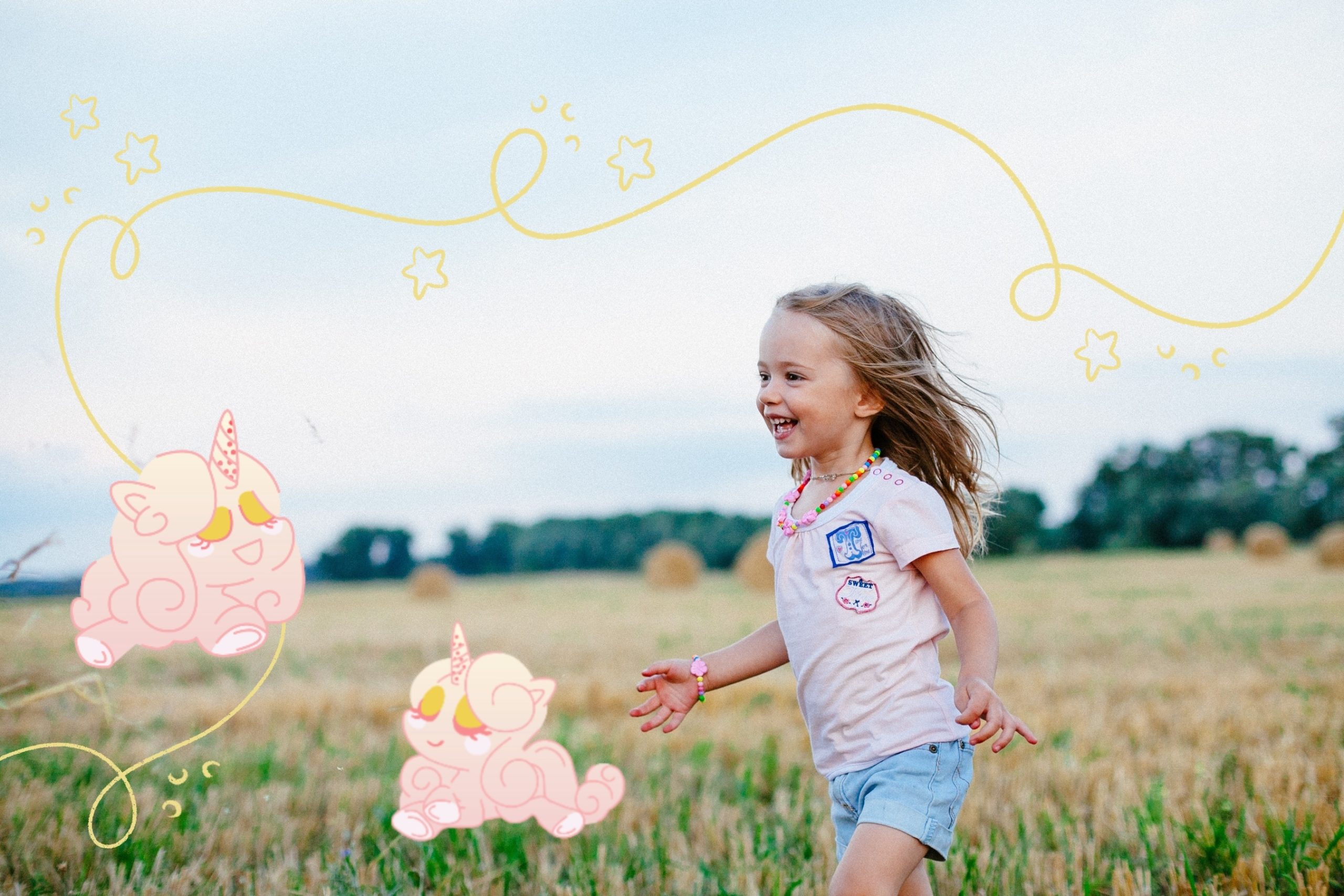
- < 1 min

What exactly is a unicorn? We scoured internet land to find the best and most compelling definition. And then, we realized that we have a resident expert in the Moshi world – Fluttercup the Unicorn. According to Fluttercup, unicorns are whimsical horses with magical powers that allow them to fly and spread kindness and hope to the world. They have a beautiful sparkly horns on their head, which makes them unique and different from horses. And, there are no two horns alike!
Or, for the purpose of this blog post, we’ll use a secondary (and less whimsical!) definition from Merriam – Webster: A unicorn is something unusual, rare, or unique.
To help kids find their confidence and inner unicorns, let’s first think about the concept of uniqueness. Humans share all sorts of similarities but it is the combination of our individual traits and abilities that make us unique. For example, you may have a group of children who all play a sport together and are all really good. Their uniqueness lies in what they contribute as individuals to the group. One may be a natural leader while another may be strong at modeling a specific skill to a small group.
Even further, one may be compassionate and supportive of those who are still learning and another may be hesitant to take risks because they want to do it just right. No matter what it is, it is what makes them unique.
According to the social psychologist Alfred Adler, two of our basic needs are belonging and significance. These are what keep us motivated to show up and do our best. Being honored for what makes us unique reinforces that our individual contributions matter to the success of the family, group, or class.
Until next time, Fluttercup and the rest of the Moshlings hope you enjoy the magical journey of helping children find their inner unicorns. And somewhere along that journey, we hope you will take a few moments to rediscover your inner unicorn!
We’d love to hear about the inner unicorns that emerge. Share your children’s stories below or in Generation Moshi (our Facebook group)!